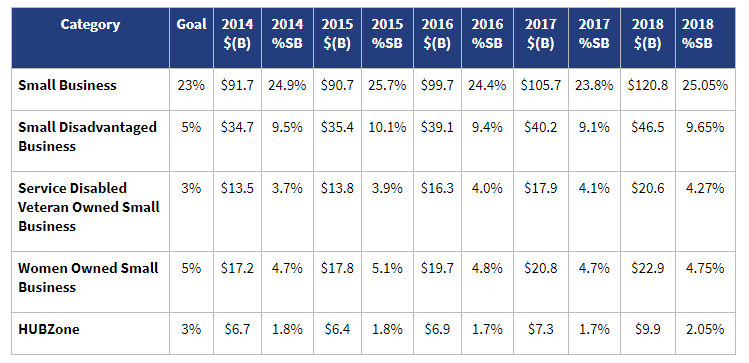Bye Bye Self Certify
Certification changes for Women-Owned Small Businesses (WOSBs) and Economically Disadvantaged WOSBs (EDWOSBs) will occur this summer. The Small Business Administration (SBA) expects the updated regulation to be published on 30 June 2020, and to go into effect 30 days after. (U.S. Small Business Administration)
Info we have so far includes:
- Self-certification as a WOSB or EDWOSB will end
- Certification, going forward, will be accomplished through an approved third-party entity or through SBA’s free online certification at certify.sba.gov. (ibid)
To assist in awarding women-owned business contracts, the government limits competition, by including just those businesses participating in the women’s contracting program. The goal of the government is to award the contracts to women-owned businesses in industries where WOSBs are underrepresented. Some contracts are restricted even further to include economically disadvantaged women-owned small businesses (EDWOSBs) only. The SBA keeps a current list of those eligible industries. (ibid)
Eligibility for the women’s contracting program:
- Qualify as a small business
- Company at least 51% owned and controlled by women who are U.S. citizens
- A company with the day-to-day management of operations and long-term decisions controlled by women
Eligibility for the economically disadvantaged business within the women’s contracting program:
- Meet all requirements of the women’s contracting program
- Business is owned/controlled by one or more women, each with a personal net worth less than $750,000
- Business is owned/controlled by one or more women, each with $350,000 or less in adjusted gross income averaged over the previous three years
- Business is owned/controlled by one or more women, each $6 million or less in personal assets
The eligibility requirements are spelled out in Title 13 Part 127 Subpart B of the Code of Federal Regulations (CFR). (ibid)
To participate in the women’s contracting program, you must be certified as a women-owned business. First the company must have a profile on SAM.gov, and then go through the aforemention process at certify.SBA.gov. The SBA has approved the following four organizations to provide third-party certifications:
- El Paso Hispanic Chamber of Commerce
- National Women Business Owners Corporation
- US Women’s Chamber of Commerce
- Women’s Business Enterprise National Council
Updating certification information annually through both SAM.gov and certify.SBA.gov will maintain your status within the program as well as make contracting officers aware that your business meets the eligibility requirements to compete under the WOSB or EDWOSB umbrella.
Questions about self-certification, third-party certification, or the women-owned business contracting arena? Give us a call.

